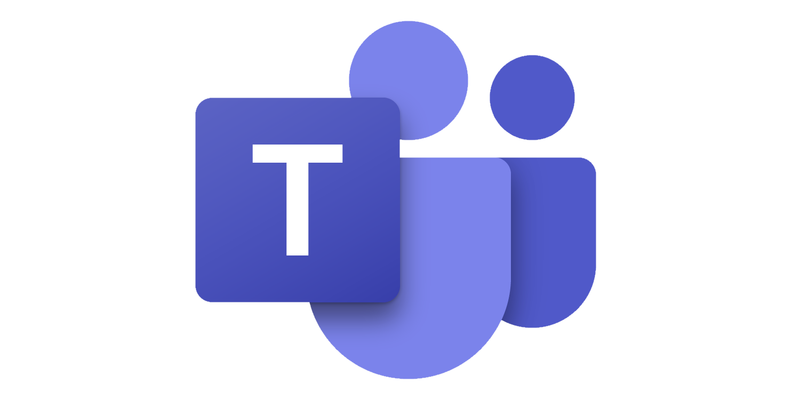It appears that with the worldwide pandemic, Microsoft has accelerated its move into enterprise communications by releasing its advanced calling features for businesses, marketed as the Advanced Communications add-on for Teams. It was revealed to Microsoft’s partners at the Inspire conference last month. Some features are ready now and more are promised for Q4.
Available now with the new Advanced Communications Licence are the APIs that allow integration with third-party solutions for non-standard telephony requirements such as policy-based call recording and contact centers. The Advanced Communications Licence is also required to use Teams for larger meetings with up to 20,000 participants.
There is no doubt that Microsoft Teams is a great enterprise telephony product. Advanced Communications will enable Teams to be used more widely, for more complex telephony applications, and for larger conferences. It fits with Microsoft’s plan to provide a cloud-based enterprise telephony solution that brings together Teams, Phone System (Microsoft’s own PBX in the cloud), and third party applications from specialist Microsoft partners. However, it does add a further $12 per user per month to the license charges.
Certainly, Microsoft’s timing is good. Before the pandemic, adoption of cloud communications was already starting to accelerate. Analysts estimate that in 2019, between 20 and 30 percent of enterprise users in the US and Western Europe had already moved from traditional premises-based telephony solutions to cloud-based alternatives.
With so many employees currently working from home, and remote working now expected to become a more common activity in the longer term, adoption of cloud communications is likely to accelerate. Cloud telephony supports more flexible ways of working, with users able to make and receive calls on their office line from any Teams-enabled device with an internet connection.
It also offers the potential for enterprises to achieve considerable cost savings as they eliminate on-premises PBX equipment in each office, along with the technical support that those older-style systems require.
Large organizations that want to use Teams as their enterprise telephony solution typically use a managed service provider like LoopUp that uses Direct Routing to provide PSTN connectivity to users. We use our own global voice network, which we monitor to ensure great quality audio and 24/7 uptime. Outbound calls from Teams users are routed from the Microsoft Azure cloud via the PTSN and LoopUp’s regional carrier partners to external recipients. Inbound calls to Teams users follow the same path in reverse.
LoopUp has been a Microsoft Gold voice partner for over 10 years, so we know Microsoft voice solutions extremely well. As well as large multinational deployments, we can help with more complex contact center and call recording integration. We provide 24/7 multi-lingual customer support from in-house specialists based in our 15 offices worldwide.










